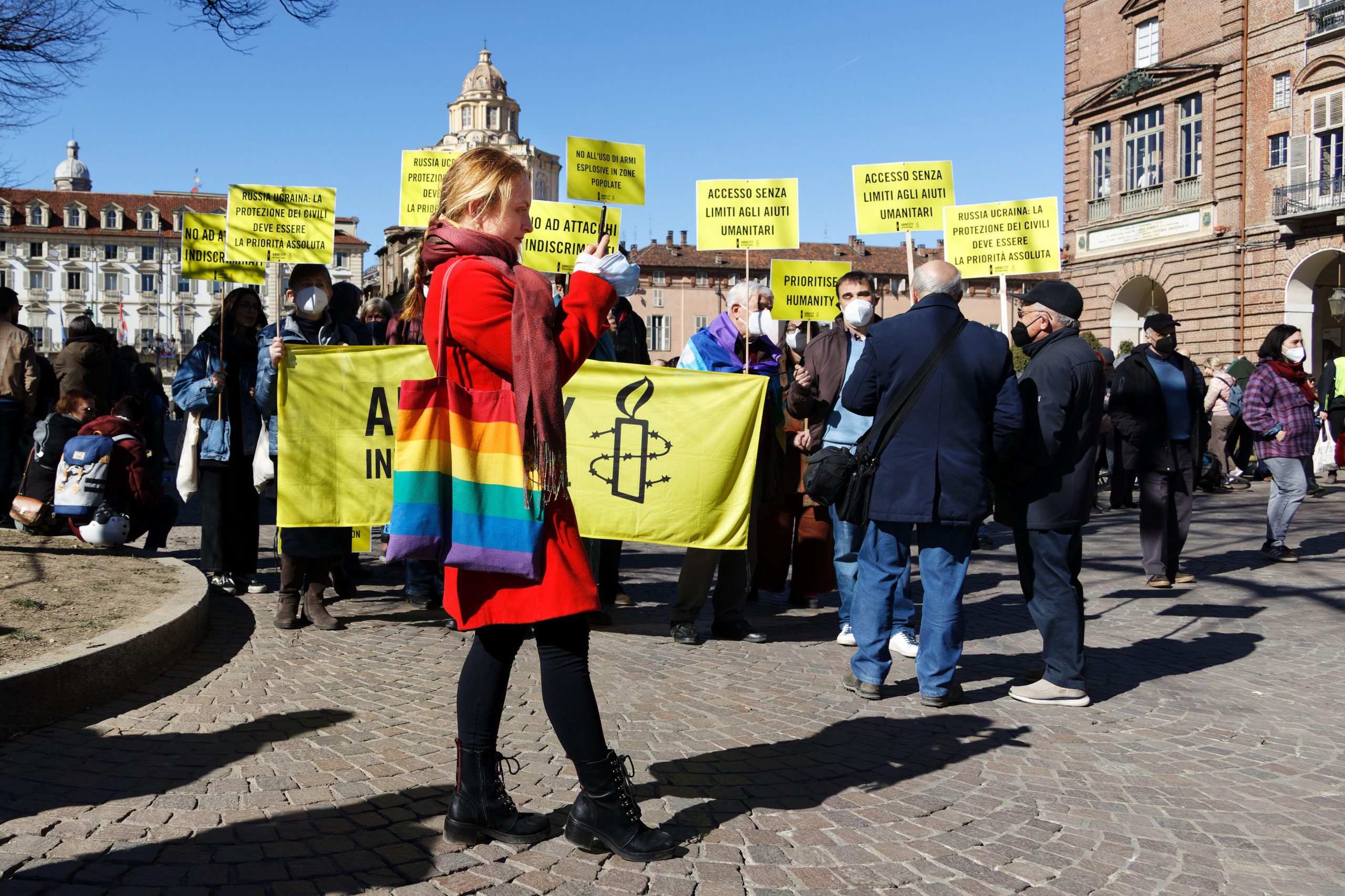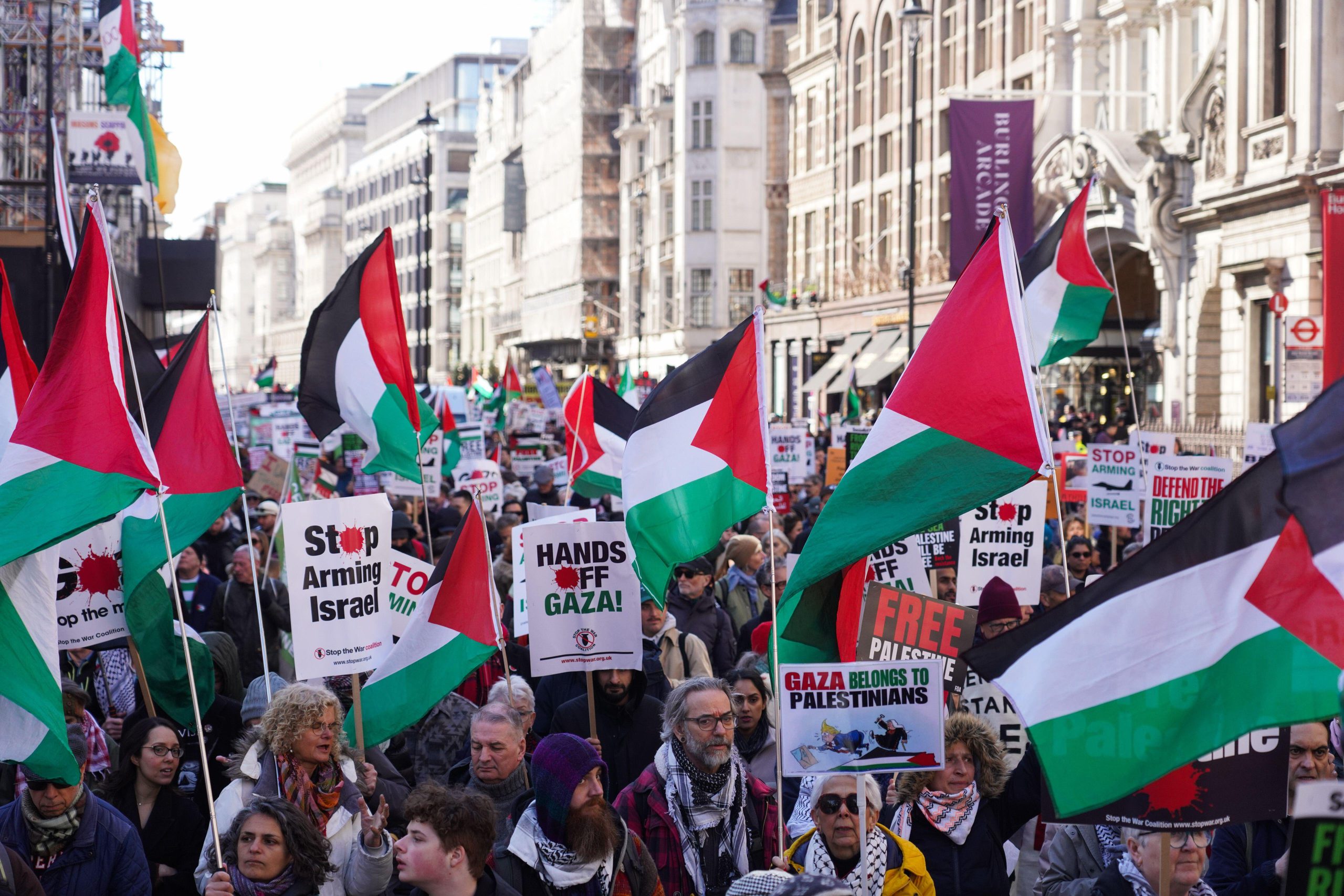On 17 June, when a number of female students led a peaceful protest marching from the female dormitories to the male ones at the University of Khartoum, they did not know that they would inspire protests across the country. Many inside Sudan are calling the ongoing protests an “Intifada” — an Arabic word for rebellion or resistance — and there is much truth in that.
The students continued protesting inside the university, where they were met with heavy tear gas, and soon enough Ahlia University, Sudan University and others followed suit in the next days. Clashes ensued following the crackdown, not only between the students and police, but also between student protesters and protesters affiliated with the ruling party, the National Congress Party (NCP).
During the course of the week, activists and students prepared for a day of mass protests planned for 22 June, dubbed “Sandstorm Friday”, a reference to the country’s season of sandstorms from June to August. When the day finally came, the intense protests erupted into clashes between security forces and protesters, with activists claiming that dozens protesters were arrested.
A college student arrested during the protest told Index that the police stations were overflowing with arrested protesters, who were released but still face charges.
Well-known blogger Usamah Mohamed, known on Twitter as @simsimt, was detained by the National Intelligence and Security Service (NISS) during the protests, and continues to be held in custody. Mohamed has been a long-time critic of Sudan’s government. His arrest came after he posted a video on why he would join the mass protests for Al-Jazeera’s The Stream.
The home of prominent blogger, journalist, and social media activist Maha El-Sanosi was raided on the evening of 26 June, and her laptop and cellphone were confiscated.
In a phone call, her sister said that 12-15 NISS officers entered the house asking for El-Sanosi. She then spent hours in interrogation with NISS officers, and has been detained twice since the start of protests.
The Sudanese press ignored the story for a few days, in fear that covering the unrest would result in confiscation of issues of newspapers.
Authorities have made various attempts to silence citizen journalists and activists, including confiscating communication devices, and detaining them for prolonged periods of questioning.
Prolific citizen journalist Nagla Seed-Ahmed, who has filmed thousands of interviews with protesters and demonstrations on her cameras and phone, has been summoned by security forces almost on a daily basis.
As a result of a lack of food and water during her long hours in detention, the activist was hospitalised for two consecutive days for low blood pressure.
Another activist, Rashaida Shams Al-Deen, had her phone confiscated when she was arrested during the first week of protests.
“When it was finally returned to me, I was unable to take video or photos,” she told Index a day before she was detained once more on 24 June evening. She has not been released since.
Access to information has also been difficult for activists who do not use social networking sites, as the National Telecommunications Council has blocked a number of online Sudanese newspapers, which cover issues impossible to write about in the country’s strictly controlled print media.
Hurriyat and Al-Rakoba, two websites known for their anti-government stance and for giving banned writers a venue to continue publishing, were blocked inside Sudan and are only available through a proxy.
Readers have turned to Facebook and Twitter for information. Youth groups and activists have been using the social networking sites to post up-to-date news on protests, detentions, videos, and articles. Social media sites, however, leave users vulnerable, with easily discovered IP addresses and attacks from “cyber jihadists” who try to discredit and target the work of local social media users.
They send messages to those covering protests, trying to cast doubt on the very existence of protests. The message is almost identical and reads ” I was just in [name of area of protest], I didn’t see anything, stop lying.”
Activists, however, have found ways to respond to attacks. A blog called “Not Sudan Protests” was started last week to differentiate between fake and original pictures.
A week later, on 29 June, the Sudanese protested on a day called “lick your elbows” Friday, playing on a common phrase used by President Omar al-Bashir, who has dismissed Sudan’s protest movement, and dismissed attempts to oust him as being as likely to succeed as an attempt to lick one’s own elbows, implying that it would be impossible.
For days before the protests, the regime made it difficult for journalists and social media activists to do their jobs. Other than arrests and confiscations, the security deported Salma Al-Wardany, Bloomberg’s Khartoum correspondent on 26 June for covering the ongoing protests.
The internet was slowed down the whole week, but on 28 June night, some internet providers intentionally cut off the internet services entirely, making it difficult for people to use social media for campaigning and communicating.
Activists estimate that 1,000 were detained by Friday night including journalists such as Talaal Saad and Anwar Al-Samani. In previous protests, photographers were singled out for arrests leading activists to advise protestors to avoid carrying bags. In a more extreme move, the office of AFP was raided for pictures of the protests the same evening.
As the protests continue in Khartoum, activists are expecting to see more arrests and a larger crackdown on social media users as it is now seen as the voice of the revolution. The traditional media, on the other hand, is now forced into a coma.





